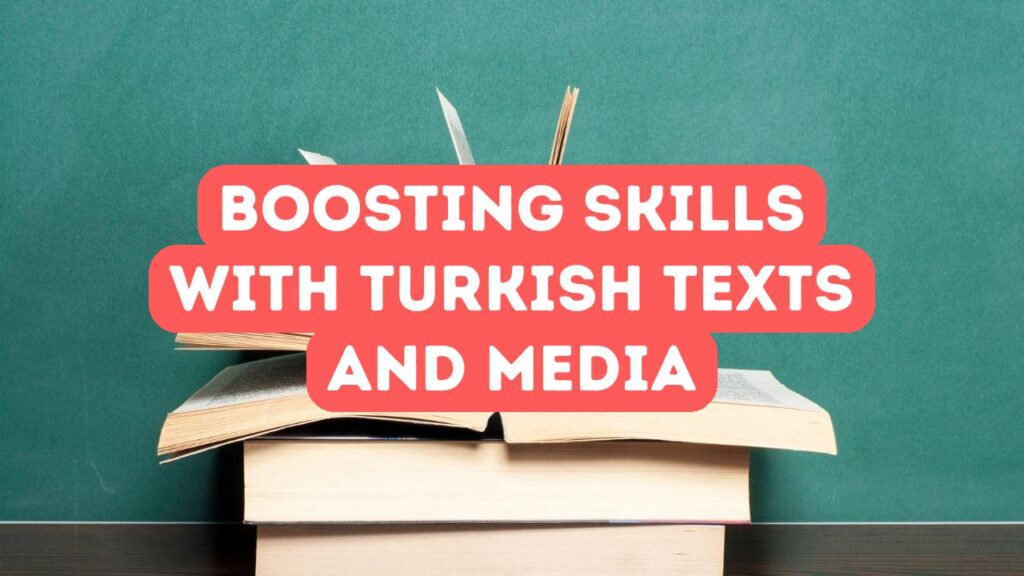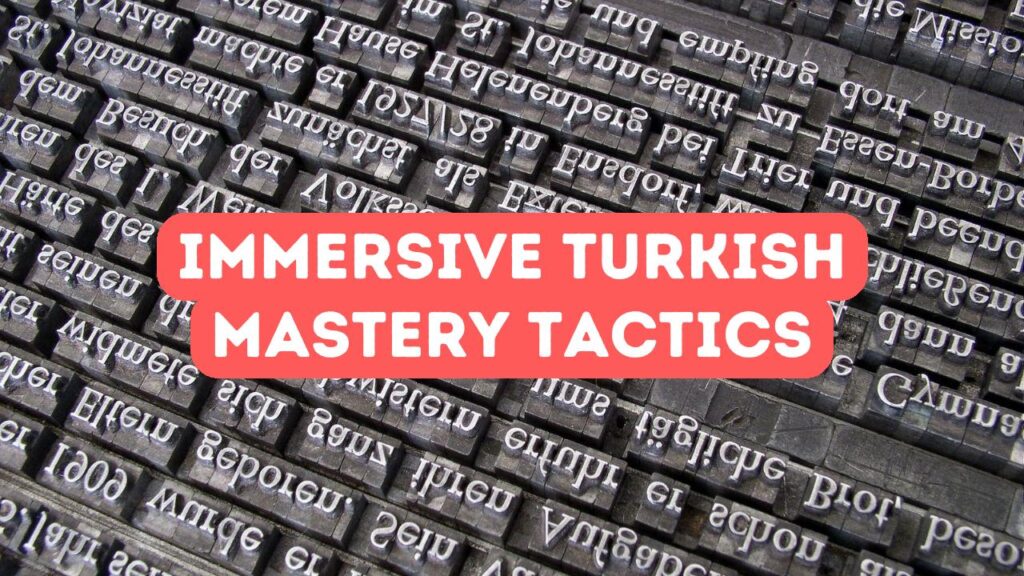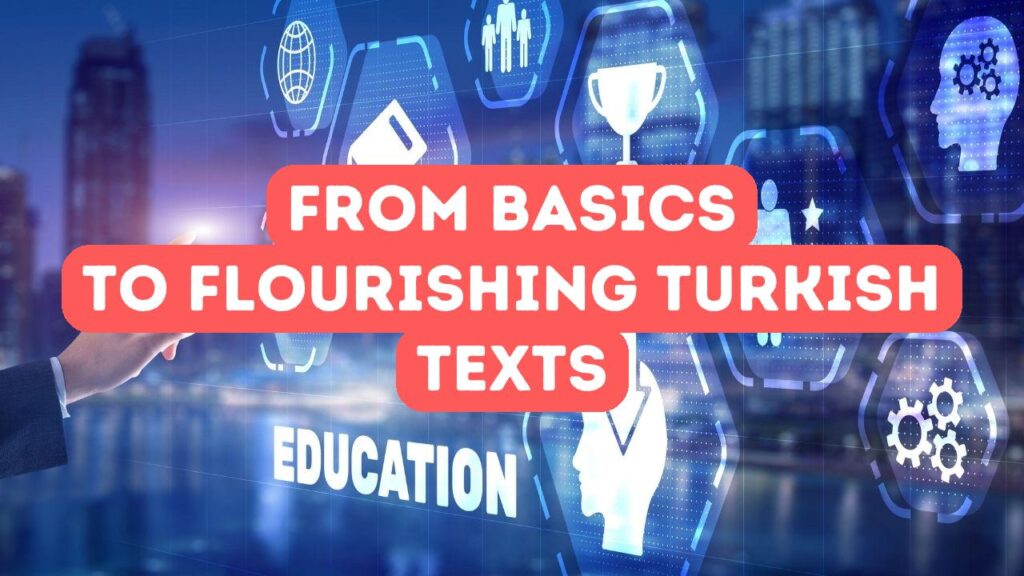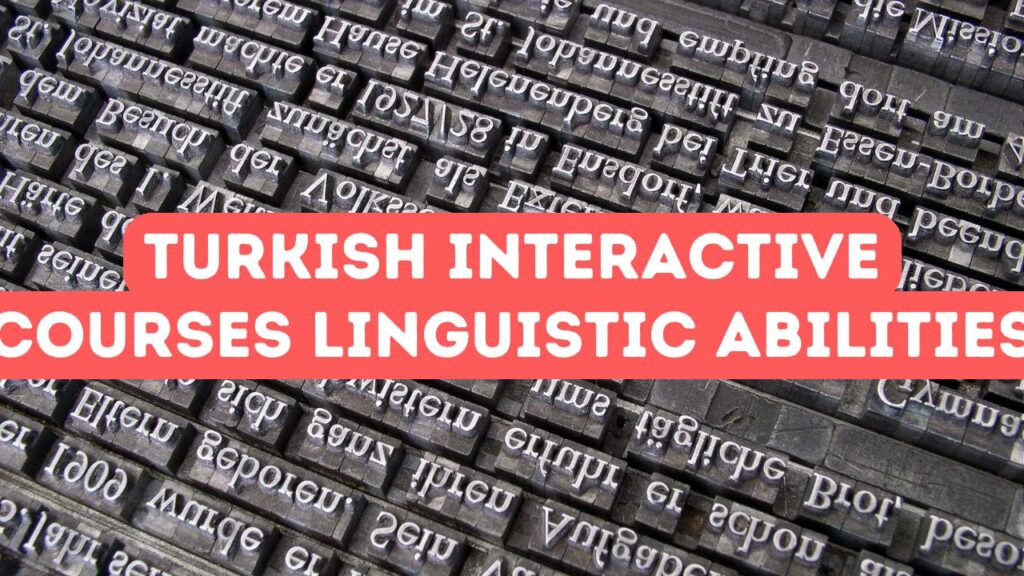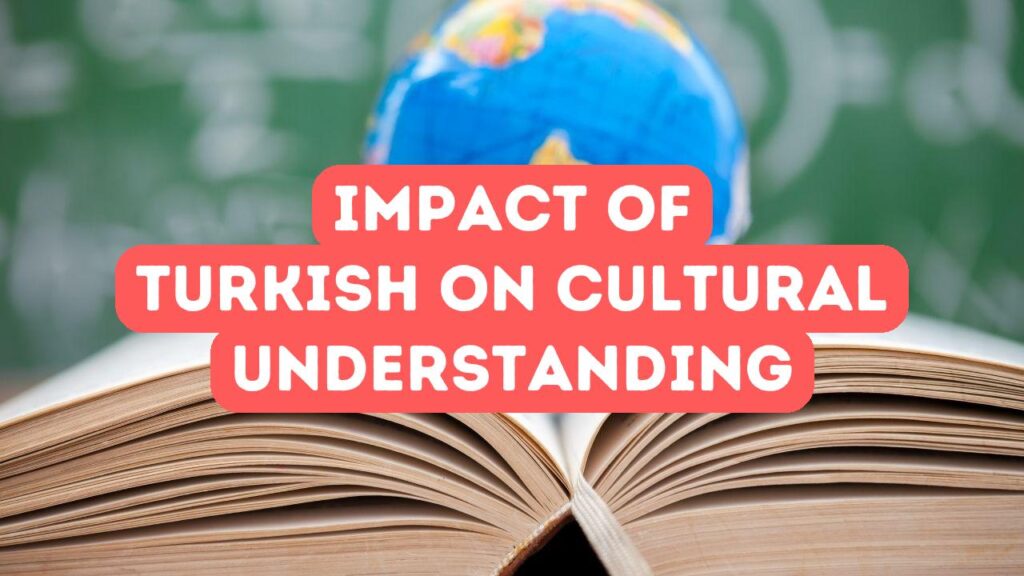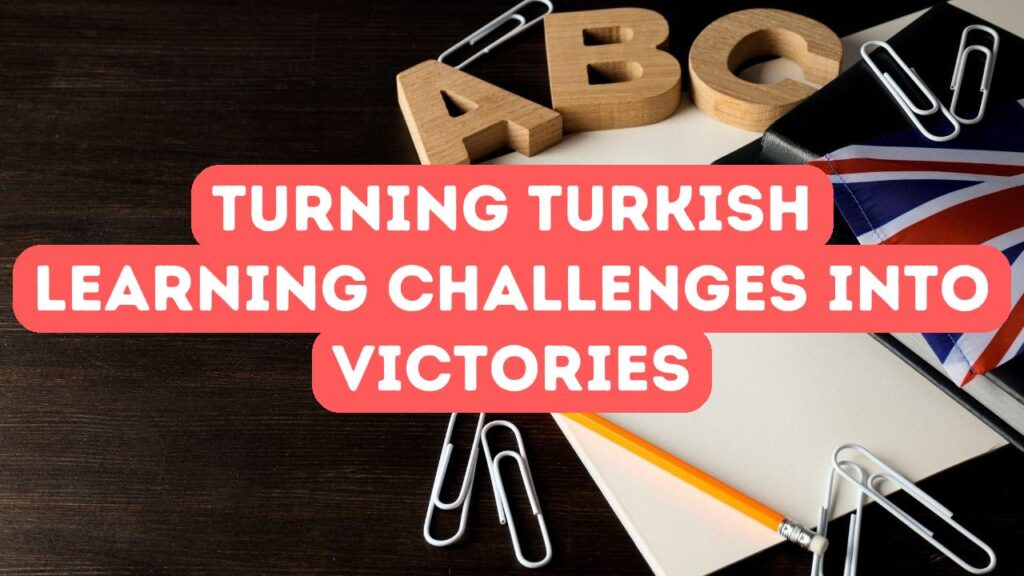Exploring Turkish Literary Landscapes: A Linguistic Journey
Venturing into the rich tapestry of Turkish literature offers a linguistic journey like no other; beginning with the spellbinding narratives of modern novelists to the profound verses of classical poets. As learners pore over the pages of Orhan Pamuk’s Istanbul or Nazım Hikmet’s captivating poetry, they not only accumulate new vocabulary but also gain insights into the psyche of Turkish society. The complexity of characters and their interactions encapsulated in these texts provide a real-life context for language structures, enabling learners to grasp the intricate use of honorifics and the melodic flow of Turkish sentence construction. Meanwhile, diving into the allegorical depths of Sufi parables or the sharp wit found in the works of Aziz Nesin immerses readers in cultural undercurrents and historical contexts that are essential for a profound understanding of the language’s idiosyncratic expressions and idiomatic phrases.
The pursuit of Turkish literary landscapes further extends to the realm of contemporary media, with an array of newspapers and magazines serving as a fertile ground for practical language acquisition. Regularly engaging with periodicals like Hürriyet or Cumhuriyet not only keeps language learners abreast of current events but also hones their reading comprehension skills and familiarizes them with journalistic writing styles and formal terminology. Furthermore, navigating through these current texts allows learners to observe language evolution in real-time, tracking how modern Turkish continues to shape and be shaped by societal trends, technological advancements, and global influences. This dynamic exploration positions learners at the crossroads of historical linguistics and the pulsating heartbeat of current discourse, thus enriching their linguistic journey with a contemporary and relevant perspective.
Thus, the engagement with Turkish literature goes far beyond mere language acquisition; it is a plunge into the heart of Turkey’s cultural narrative, allowing learners to experience the nuances of emotion and tradition that language carries. By integrating these literary pursuits with the diligent study of grammar and vocabulary, learners can achieve a holistic mastery that is both academically robust and culturally informed. Hence, learners are encouraged to frequent local book clubs, partake in literary discussions, or even pen their thoughts and tales in Turkish, navigating the linguistic ebbs and flows with an increasingly discerning eye for the artistry embedded in every sentence. As they traverse this literary landscape, their proficiency blooms not only in understanding the language but also in wielding it to craft their own stories, fostering a personal and profound bond with the Turkish tongue.
Harnessing the Power of Turkish Media for Language Mastery
Turkish television series and films are treasure troves for language learners who aim to master conversational fluency and cultural proficiency. By immersing oneself in the dramatic twists of a ‘dizi’ (TV series) or the gripping narrative of a feature film, learners can attune their ears to the natural rhythm and emotional inflections of the Turkish language as spoken by native actors. This practice not only exposes one to a rich array of vocabularies and dialects but also reinforces pronunciation and listening skills in context. Moreover, the visual cues and storylines that accompany the dialogue aid in comprehension and retention, allowing learners to see the language come alive, thus enhancing the authentic linguistic experience that goes beyond the written text.
Exploring Turkish news outlets and print media, such as newspapers, magazines, and online articles, introduces language learners to a more formal and structured form of the language. This realm of media is particularly invaluable for those seeking to strengthen their reading comprehension and expand their academic or technical vocabulary. Engaging with current events and popular culture issues through Turkish media not only informs learners about local perspectives but also serves to deepen their understanding of both linguistic nuances and societal values. Moreover, regularly reading in Turkish hones one’s ability to quickly recognize and assimilate new grammatical constructs, fostering a more sophisticated command of the language that is essential for professional or scholarly communication.
Podcasts and radio shows in Turkish present yet another fertile ground for learners to diversify their language skills, particularly in the arenas of listening and speaking. Through tuning in to varied content that spans from lively talk shows to in-depth interviews and educational segments, learners can intimately acquaint themselves with the idiomatic expressions and specialized terminologies that pervade everyday conversations. This continuous auditory engagement allows for a more spontaneous understanding of speech patterns and cadences, fostering the ability to think and respond in Turkish more naturally. Additionally, participating in interactive segments or language exchange programs on-air can offer real-time practice, catapulting learners toward greater linguistic agility and confidence.
Advanced Strategies for Integrating Turkish Texts in Language Learning
To elevate your Turkish language skills to an advanced level, immerse yourself fully in the diverse array of Turkish literary works. Start by selecting contemporary novels or thought-provoking essays that resonate with your interests, ensuring that the process remains engaging and enjoyable. As you dissect complex sentences and encounter advanced vocabulary, maintain a dedicated journal to record new words and expressions. This kind of targeted reading not only enhances your understanding of advanced grammatical structures and idiomatic language but also gives you precious insights into the societal issues and philosophical views that shape modern Turkish thought. By systematically pushing the boundaries of your language comprehension with challenging texts, you reinforce your reading skills while gaining a more sophisticated grasp of the cultural and intellectual currents that underpin Turkish society.
Building on the foundation of challenging literature, expand your horizons by delving into Turkish media. News outlets, whether in printed form or online, offer an unfiltered lens into current events and frequently employ a formal register that can sharpen your mastery of complex language structures. Furthermore, watching Turkish films or television series not only aids in understanding conversational Turkish and slang but also exposes you to a wealth of cultural references and social dynamics. As you navigate through differing accents and dialects presented in visual media, you develop an ear for the intonation and rhythm intrinsic to spoken Turkish. Consistently engaging with a wide variety of media formats solidifies your comprehension and casts a spotlight on the interplay between language and culture in real-life contexts.
To truly finesse your grasp of the Turkish language, engage in active language production by starting a blog or participating in online forums in Turkish. This leap from passive consumption to active creation compels you to think in the language and to practice expressing complex thoughts, further solidifying your linguistic competence. It also provides the opportunity for authentic interaction with native speakers who can offer valuable feedback and cultural insights, forging an exchange that hones your language skills in a real-world context. By contributing to discussions on Turkish social media platforms or composing reviews for Turkish books or movies, you not only refine your writing and critical thinking skills but also become part of the vibrant online Turkish community, thus taking a significant step toward fluency and cultural integration.

